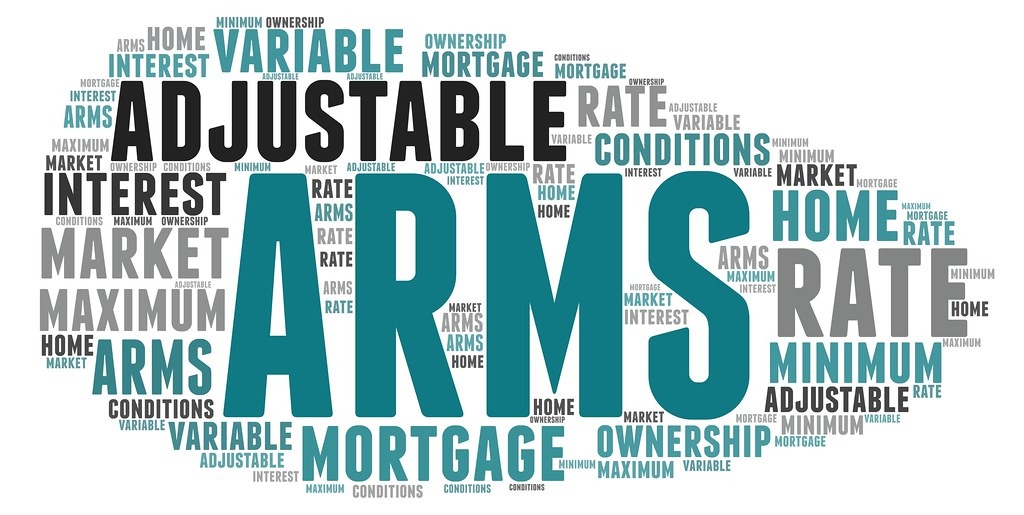In the world of real estate investing, there are many ways to obtain the financing you need to meet your financial goals. Both ground-up construction loans and bridge loans are popular with investors looking to build their portfolios quickly. With a ground-up construction loan, borrowers get money to build the ideal building, while a bridge loan allows a borrower to buy a new property before they’ve sold an existing one. Let’s look at the differences between these two types of financing so you know which one will work for you.
Continue reading “What’s the Difference Between a Ground-up Construction Loan and a Bridge Loan?”When Should I Not Get a Bridge Loan?
A bridge loan can be a way to get short-term funding to pay down a new property without waiting for conventional financing approval. Since they are short-term loans for only a few years, the interest rates are usually much higher. Some lenders may even require collateral. While this can be a good idea in some cases, it may be better to pursue another method of financing.
Our Titan Funding team invites you to learn more about these loans. We will provide a brief overview of when one can be a good idea and conclude with situations with better choices than a bridge loan.
Continue reading “When Should I Not Get a Bridge Loan?”What Are the Pros and Cons of an Adjustable-Rate Mortgage?
An adjustable-rate mortgage, or ARM, is a loan with a low-interest rate for the first three to 10 years, after which the interest rate is adjusted upward. This type of loan is in contrast to a fixed-rate mortgage, where the interest rate remains constant throughout the loan period. Fixed-rate mortgages are usually for a 30-year term, but the term can be as low as 15 or 20 years.
Continue reading “What Are the Pros and Cons of an Adjustable-Rate Mortgage?”


